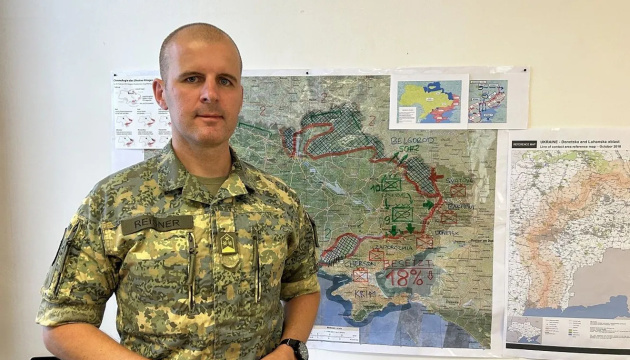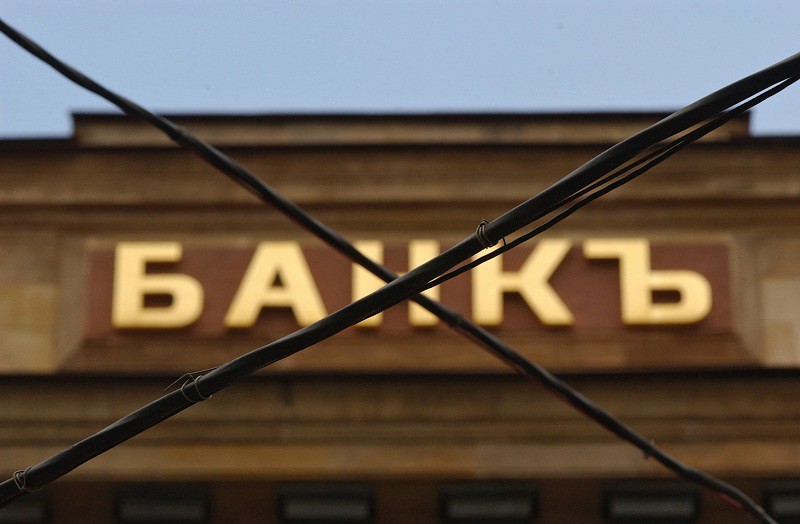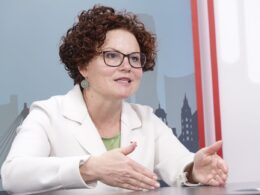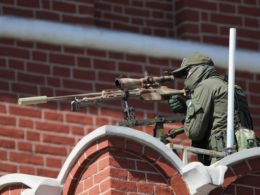Russia has no intention of ending the war and continues its advance, slowly but systematically. That’s the assessment of Colonel Markus Reisner of the Austrian Armed Forces, who heads the Officer Training Institute at the Theresian Military Academy, UkrInform reports.
“We fought Sweden for 21 years. How long are you ready to fight?” That was the message delivered by Russian presidential aide Vladimir Medinsky to the Ukrainian delegation during recent peace talks in Istanbul, which failed to bring the war close to an end. The Russian delegation conditioned a ceasefire on Ukraine withdrawing all forces from Donetsk, Luhansk, Kherson, and Zaporizhzhia—regions claimed by Moscow since 2022 but only partially occupied.
According to him, the talks in Istanbul resembled a theatrical performance rather than a real dialogue.
FP: Kremlin is cracking, but the US hesitates to strike
“These negotiations were just for show, a way to stall for time. That became clear the moment the team of the delegations was revealed. Russia sent people who lacked sufficient authority compared to Ukraine’s delegation,” he says.
In Reisner’s view, Moscow seeks to return to its 2022 objectives: to block Ukraine’s NATO membership, force it to give up territory, and strip it of a modern army — what Russia calls addressing the “root cause of the conflict.”
“That’s what the Russians want to negotiate about. They’re not interested in a ceasefire,” Reisner notes.
The colonel also warns that Russia is not acting alone: North Korea, China, Iran, and India support the Kremlin to varying degrees, enabling it to wage war with confidence.
Reisner especially emphasized Pyongyang’s role: “At the very least, North Korea must be clearly recognized as a party to this conflict — that must be understood by everyone.”
He believes this international backing allows Russia “to act with great confidence, as was evident during the talks.”
“It may seem that the Russians are advancing very slowly, but they are advancing. And that momentum is what Ukraine must break to create a situation in which the Russians are truly forced to come to the negotiating table,” he explains.
At the same time, he expresses skepticism about the effectiveness of new EU sanctions: “Their impact will be felt in years. But Ukraine doesn’t have that time.”
Ukraine is currently engaged in defensive battles aimed at slowing Russia's advance. It needs fast and immediate solutions that can sustain pressure on Russia.
This includes the possibility of a military offensive with sufficient means, not just sporadic weekly strikes or dramatic attacks once a month, but a sustained effect, "something that genuinely pressures the Russians."
According to Reisner, sanctions work in the long term, but Ukraine urgently needs resources and capabilities for effective defense. Continued and increased support from partners is crucial to this goal.





